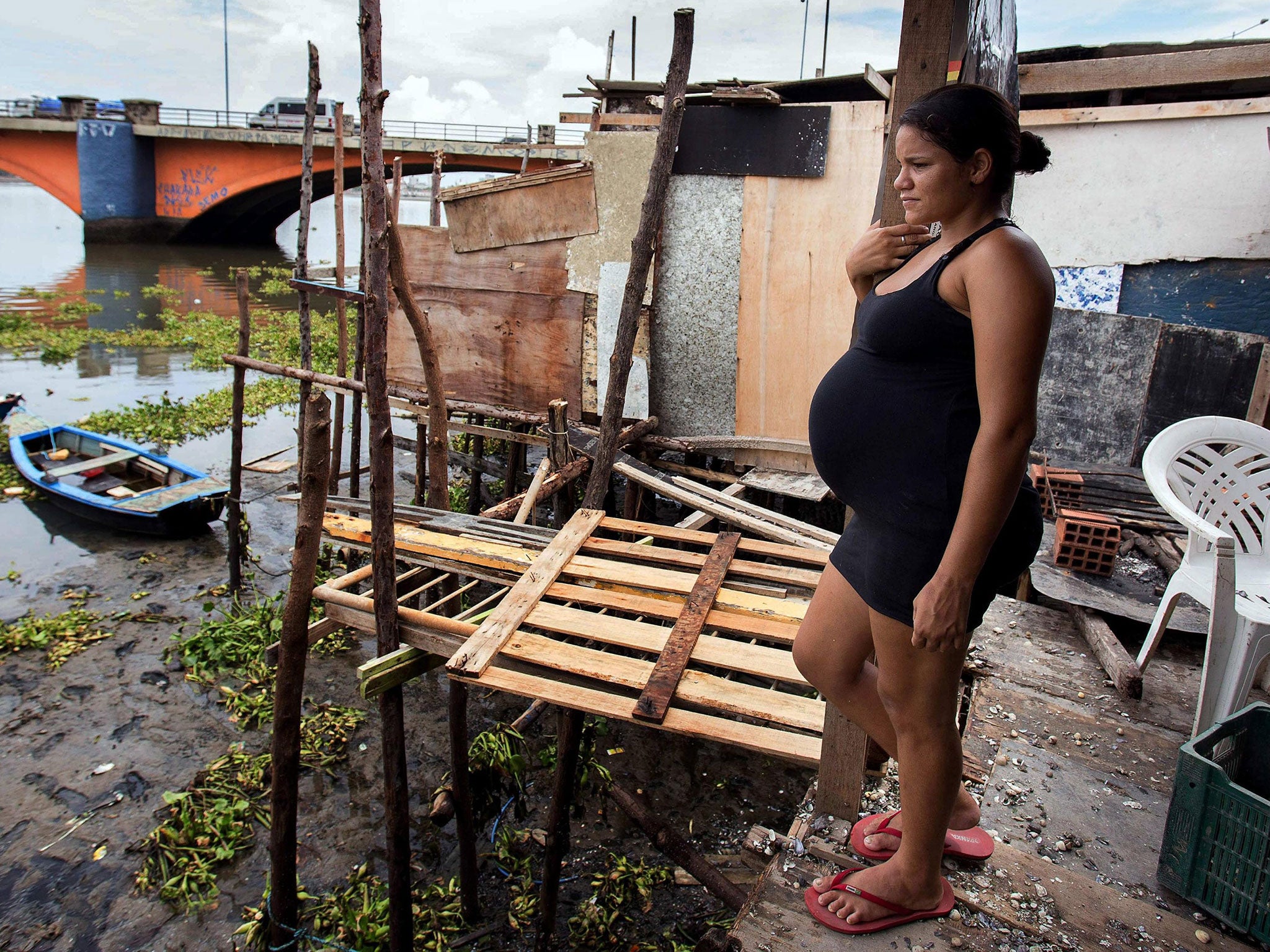Zika virus diagnosed in UK as women face more warnings to delay pregnancy
The virus, which can cause serious birth defects, is diagnosed in three travellers returning to UK from Colombia, Suriname and Guyana

Three cases of the Zika virus have been confirmed in the UK in travellers returning from Colombia, Suriname and Guyana, as the epidemic spreads to more than 20 Latin and American countries.
The mosquito-borne virus does “not spread directly from person to person”, Public Health England said in a statement, though "a small number of cases have occurred through sexual transmission or by transmission from mother to foetus via the placenta". Zika “does not occur naturally in the UK”.
The virus, for which there is no known cure, is thought to cause microcephaly in unborn children, a condition which stops babies’ brains growing and causes abnormally small heads.
Since an outbreak of Zika in Brazil in October, a surge in microcephaly in newborns has been reported, with almost 4,000 cases.
The epidemic has prompted authorities in Colombia, Ecuador, El Savador and Jamaica to advise women against pregnancy. Colombia's health minister, Alejandro Gaviria, warned "there could be serious consequences" to falling pregnant, and has advised women to postpone doing so for six to eight months. His advice was "a good way to communicate the risk", he told Reuters.
Women in El Salvador should wait until 2018 before getting pregnant, the deputy health minister Eduardo Espinoza said, while Jamaica has asked women to avoid pregnancy for 6 to 12 months.
"Until we understand the science better, postponing planned pregnancies is a sensible option", Professor of Infectious Disease Epidemiology at the London School of Hygiene and Tropical Medicine Laura Rodrigues told the Independent. "The final choice of course must be the women's.
"This is a very new situation - it's only a few months since we discovered the link between Zika and microcephaly - and there are still big gaps in knowledge", she said.
But pregnancy is often not a choice for women in the region, according to women’s rights campaigners. "It's incredibly naive for a government to ask women to postpone getting pregnant in a context such as Colombia, where more than 50% of pregnancies are unplanned and across the region where sexual violence is prevalent," Women's Link Worldwide member Monica Roa told the BBC.
While the link between Zika and microcephaly has not been confirmed, the Zika virus was found in five of the 49 babies who have died of microcephaly in Brazil so far, according to the country’s health ministry.
The virus causes only mild flu-like symptoms in adults and typically lasts between four to seven days. With no cure currently available, avoiding bites from the virus host Aedes aegypti mosquito is the only way to prevent infection. Research to develop a vaccine has been announced by the US and Brazilian governments.
US authorities have warned pregnant women against travelling to 22 countries where Zika cases have been registered.
Join our commenting forum
Join thought-provoking conversations, follow other Independent readers and see their replies
Comments